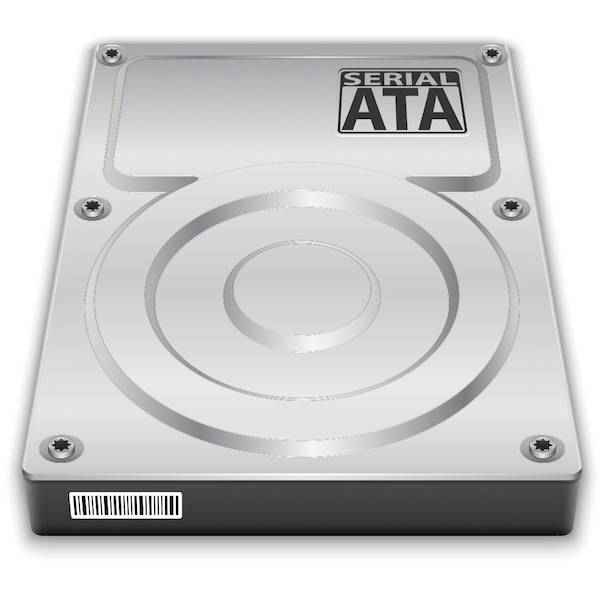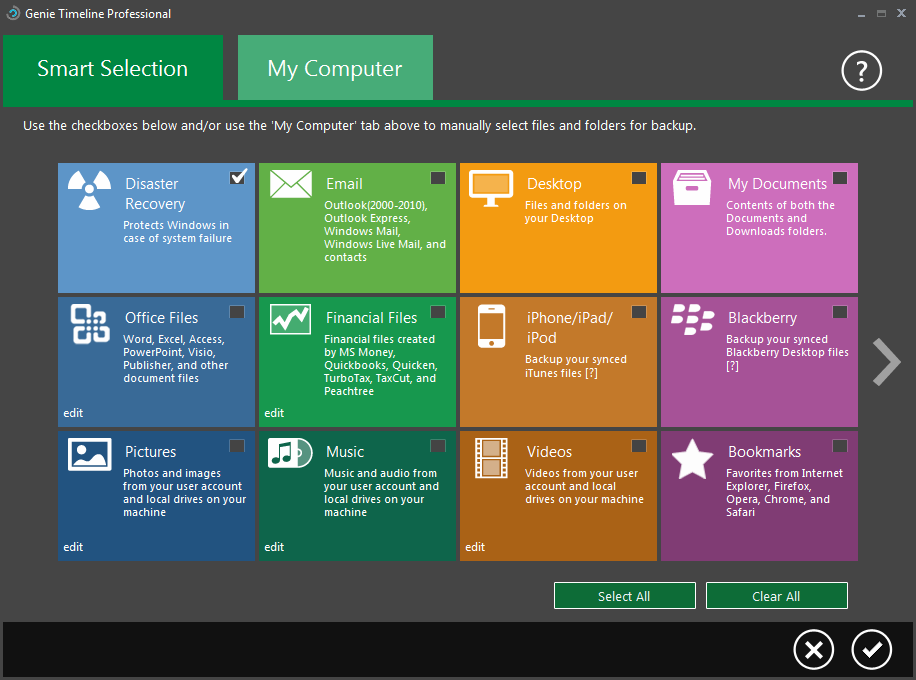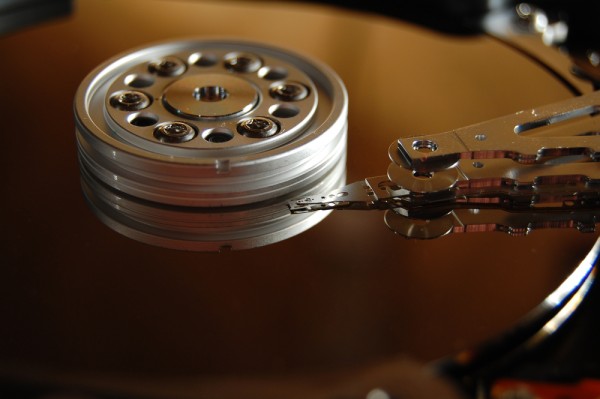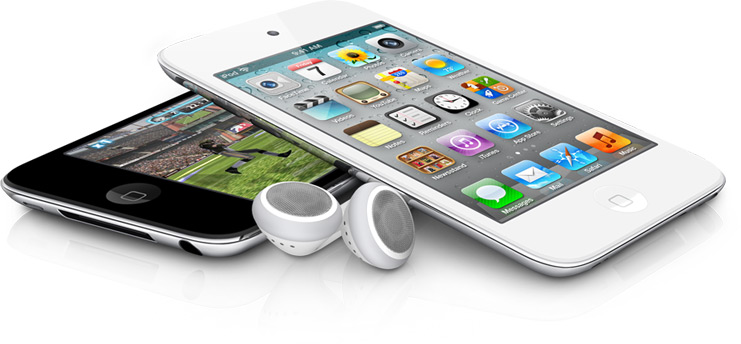
The cloud is still the safest place to be for small-to-medium businesses
Cloud security has been a hot topic in the news lately. While most of the hacks reported in the press have affect consumers and popular free services, there’s no question that some businesses will be concerned, in the light of all these negative reports, about just how safe their off-site data actually is. It’s one thing for an individual like Mat Honan to lose his digital identity, but if a business loses the data it has stored in the cloud (or worse still, if it should fall into the wrong hands), that can have truly catastrophic consequences, both in terms of monetary loss and damage to reputation.
The perceived risk of cloud storage might have some small-and-medium businesses rethinking their strategy and looking to return to the old days of just backing up locally. But doing so could actually put company data at far greater risk. If the firm’s servers fail as a result of a cyberattack or a natural disaster, it’s going to be much harder to affect a speedy recovery.

Paragon releases Backup & Recovery 12 Home
Paragon Software has released Backup & Recovery 12 Home, the latest edition of its extremely capable consumer-oriented backup tool. And while the New Features list is a little on the short side this time, build #12 does benefit from support for incremental disk imaging.
This new addition means your backups can contain only data changed since the last increment, saving time and storage space. Which is presumably what Paragon means when they slightly unclearly say that the technology “boosts efficiency of backup to the network storage up to 200 percent”.

If it rains, is your data safe in the cloud?
This is a followup to my recent column about Steve Wozniak’s warning on the perils of cloud computing, especially cloud storage. It might surprise many users to know there are firms that sell cloud storage and do not back it up. They rely on the disk RAID and some redundancy in the cloud to “protect” your data. If something happens to their datacenter, they could probably not recover your data.
Remember MailandNews.com? They did not have a viable business model. They also didn’t back up their servers. One day they had a big crash and relied on the RAID array to recover the data. It took two weeks and still not all of the data was recovered.

Steve Wozniak is right -- users are going to eventually be burned if they rely solely on cloud backup
Apple co-founder Steve Wozniak this week warned of the perils of depending too much on cloud storage and the general press reacted like this was: A) news, and; B) evidence of some inherent failure in cloud architecture. In fact it is not news (Woz never claimed it was) and mainly represents something we used to call “common sense”.
However secure you think your cloud storage is, why solely rely on it when keeping an extra backup can cost from very little to nothing at all?

Scattered clouds: Why I don’t trust other people with my data
It’s the Next Big Thing. Any vaguely IT-related person just has to say something like “computing is moving to the cloud” and everyone nods their heads wisely. And so it is with Office 2013. I’ve been using the Public preview of Office since it appeared two weeks ago, and I have to say I like it; and I also like the much more straightforward integration with Skydrive and Sharepoint. But there’s still no way I’m going to change my default habit of local saving and working to using the Cloud as my primary storage. And here’s why.
There are several aspects to this, and the first two are most revealing of the way in which people sitting in Redmond, Wash., Cupertino, Calif., or most other major corporations live in a different world from the rest of the population of this little blue planet of ours.

Amazon Cloud Player matches iTunes
Amazon on Tuesday announced major updates to its Cloud Player music service that will equal and in some ways surpass Apple's iTunes Match service. Like iTunes Match, the new Amazon Cloud player service offers entire personal library cloud hosting and scan and match your entire collection of music, upgrading tunes to at least 256kbps MP3 format. All songs already in the Amazon Cloud Player will also be upgraded to 256kbps version as well.
Unlike Apple iTunes Match, Amazon Cloud Player surpasses being available on more devices. Supported platforms include Kindle fire, and Android phones or tablets with the Amazon Cloud Player. iPhone and iPad will also be supported with the help of a native Amazon Cloud player app too. There will also be support for the Roku Stream player and the popular Sonos wireless home music systems, as well as the option for playback from any modern web browser. All songs from your iTunes library are supported for backup and matching, including song purchased via iTunes.

Maritz may be out as VMware's CEO, but now heads EMC's business strategy
EMC and VMware confirmed that Paul Maritz is leaving his position as CEO of VMware late Tuesday, transitioning to chief strategist within parent company EMC. As first reported by CRN Monday, and confirmed by the Wall Street Journal, Pat Gelsinger will move from his current role as EMC President and COO of Information Infrastructure Products to CEO of VMware. Both appointments take effect September 1.
EMC acquired VMware in 2004. Insiders say that while the two companies initially stated their respective management teams would stay separate, many expected an eventual blurring of those lines and a shuffling of executives between the two companies. Maritz has been with EMC since 2008, and Gelsinger joined a year later.

SkyDrive's big, new feature is a Windows 8-style logo
Almost every software update that gets released, particularly those that involve only minor version number increases, addresses bugs that have been found and performance issues. This is the case with the latest release of Microsoft’s cloud storage app SkyDrive but there is also a little more to be found in this seemingly minor update (16.4.6003). Perhaps the most immediately obvious change is the new logo which is very much in keeping with the look and feel of Windows 8.
The imminent release of Windows 8 means that improve support for this new operating system was to be expected. The new logo mimics the look of the Windows 8 logo -- albeit in a more rounded form -- and the update is due to roll out to other platforms in the coming weeks to give a more uniform look to the service. But there is more to the latest release than a new logo.

Genie Timeline Professional 2012 review
It’s no secret that running regular backups should be an essential part of every PC owner’s routine. But most people don’t bother, not least because setting this up on their own system can be such a lengthy and tedious business.
It doesn’t have to be this way, though. Genie Timeline Professional 2012 takes a far simpler approach than most file-based backup tools, keeping configuration issues to an absolute minimum, and generally doing a great job of staying out of your way.

USB Safeguard password-protects your stick
Data security is of the utmost importance, but it is usually the files stored on our hard drives or transmitted over the Internet that we are primarily concerned with. It’s likely that you have at least one USB drive that you use o move files from one computer to another, perhaps transporting files between home and office. If you were to lose the drive, there is not only the irritation of not having access to the files you need, there is also the concern that whomever finds the drive will be able to vie your private data -- this is something that USB Safeguard can help with.
As you’ve probably guessed from the name and the scenario we have set up, this is a program that can be used to protect the files you have chosen to store on a USB drive. This is a tiny portable app, weighing in at less than 100KB, but it is none the less powerful. While there is a paid version of the app available that can be used to protect drives of up to 16TB in size, there is also a free version that can be used on drives up to 2GB.

Protect your data with Paragon Drive Backup 11, Genie Backup Manager Pro 9.0
Paragon Software has released Drive Backup 11 ($95.95 for Workstation), the latest edition of its business-oriented tool. And the headline improvement this time is new sector-level incremental disk imaging, which, Paragon says, has boosted the efficiency of this backup type by 200%.
Elsewhere, file-based backups can now be encrypted by a password. There’s the option to back up your data to an FTP/ SFTP server. Support for working with virtual disks has now been improved, and new asynchronous data transfer means backup performance has considerably improved.

Four self-hosted Dropbox-like services businesses can use
File synchronization services like Dropbox have really taken off in recent time. They basically allow you to sync files between devices using cloud storage as buffer. Depending on the service, you get web access, document editing options, photo galleries, media streaming and more on top of that.
All services have in common that they encrypt the connection between your computer and the cloud host to protect the data from third parties that try to intercept or record what is being transferred. Each service has implemented its own scheme, and it is often difficult and sometimes even impossible to find out how the data is protected by the service.

Symform offers 200GB free cloud storage
Online backup services have traditionally been all about storing files from lots of users in a single, large data centre. Which is fine, but can be expensive, as there’s a lot of costly infrastructure to maintain.
Symform takes a more distributed approach, spreading its data around the hard drives of other Symform users. And with that meaning the service is more about managing this distribution than the data itself, the company can offer you up to 200GB of cloud storage space at no cost at all.

Keep your hard drive in tip-top shape with Eassos PartitionGuru Free
Most free recovery tools focus on undeleting files only. As its name suggests, though, Eassos PartitionGuru Free goes a little further: the program can recover anything from individual files to entire partitions, and it has a few other useful features thrown in, too.
That’s the theory, at least. In practice the free edition of the program is a little restricted, and can’t recover data on USB keys, GPT disks, or regular drives which don’t use 512-byte sectors. If that’s not going to affect you, though, PartitionGuru does otherwise have some interesting functionality which you might find very useful.

After a year exclusive to Android, Amazon launches Cloud Player for iOS
Amazon Cloud Player, a service that lets Amazon users stream their cloud-stored music collection to their mobile device over a regular data connection, has been available on Android for more than a year. Tuesday, Amazon finally released the iPhone and iPod touch version of the Cloud Player App.
Just like the Android version, users can stream their music, download songs, or manage their music in the cloud, with the included ability to share playlists created in iTunes with the user's cloud library.
